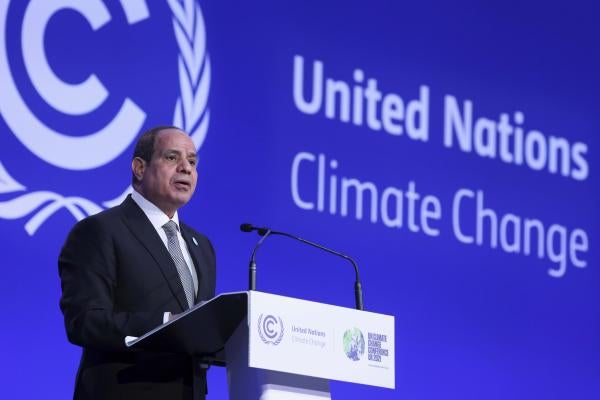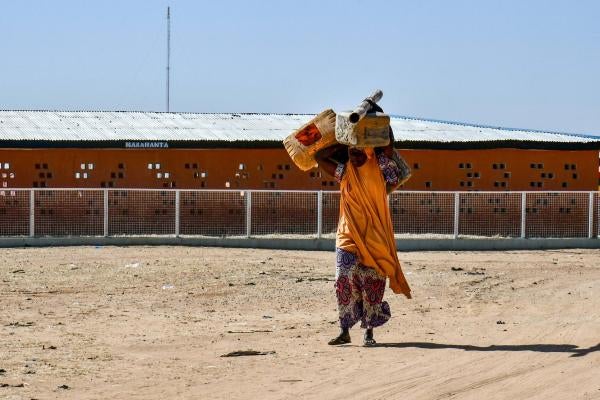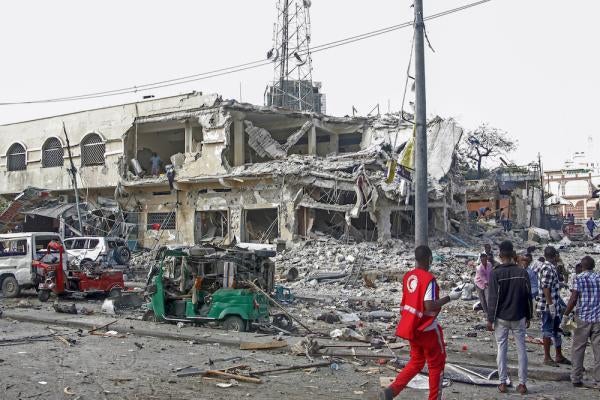Sunday is the start of the annual global climate summit, but the storm clouds are already gathering.
Along with the “climate of fear” host nation Egypt has imposed on non-governmental groups in the run up to the 27th UN Climate Change Conference (COP27) in Sharm El-Sheikh, there’s a global fear. Will the assembled government representatives from around the world address the global climate crisis properly?
A quick review of the science…
Global temperatures have been rising because humans have been pumping too many greenhouse gasses into our atmosphere, in particular carbon dioxide from the burning of fossil fuels.
Oil, gas and coal had been just sitting there, holding carbon in the ground and not hurting anything, for millions of years. Then, we came along and extracted and burned them, releasing that carbon as carbon dioxide to the air.
The result is, the planet is now about 1.1 degrees Celsius warmer than it was in the pre-industrial 1800s.
We’re unlikely to reverse that global temperature increase, but with ambitious action by governments, we could slow things down, so it doesn’t go past a still manageable 1.5 degrees Celsius warmer than pre-industrial times.
To have any hope of meeting that target, governments need to commit to rapidly phasing out all fossil fuel extraction and use. Specifically, this means stopping authorization for all new fossil fuel projects, and ending government subsidies and international finance, for oil, gas, and coal development.
This isn’t a “save the planet” sentiment, mind you. The big spinning rock will still be here regardless of anything the humans on it do. The question is how livable it will be for us.
The climate crisis is about saving people, and given the deadly impacts of climate change – including increased severe storms and droughts, and coastal cities facing rising sea levels – governments have a moral responsibility and a human rights obligation to address it.
Humanity desperately needs government representatives gathered at COP27 to act boldly against fossil fuels to prevent the most devastating impacts of climate change.







